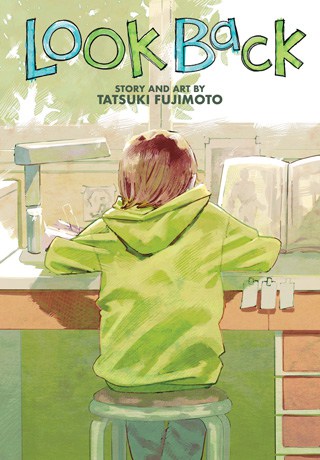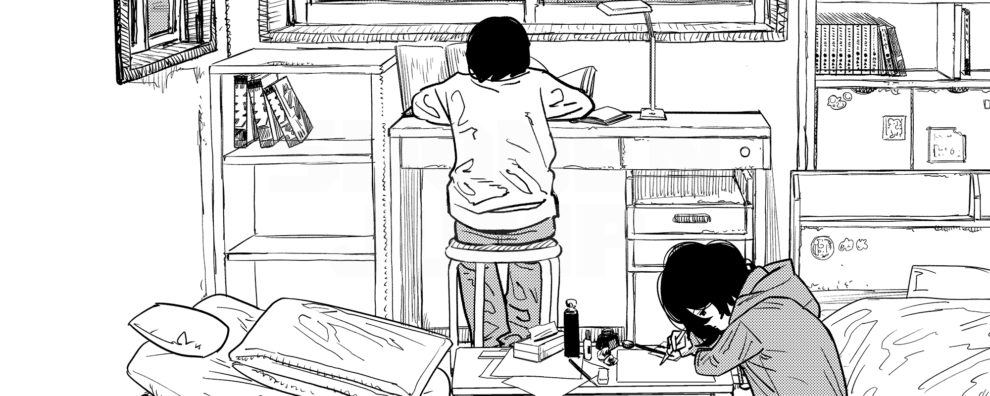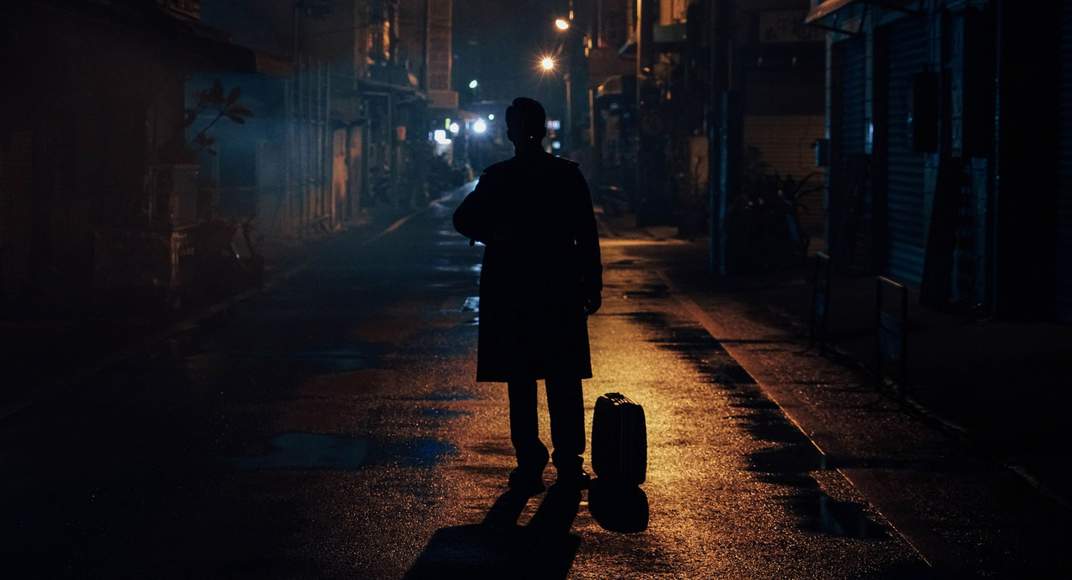“The overly confident Fujino and the shut-in Kyomoto couldn't be more different, but a love of drawing manga brings these two small-town girls together. A poignant story of growing up and moving forward that only Tatsuki Fujimoto, the creator of Chainsaw Man, could have crafted.” (Viz Media)
Buy This Title
On Amazon

A single-volume release from the creator of “Chainsaw Man”, Tatsuki Fujimoto's “Look Back” is an introspective look at the creator's past, the art of manga, and the work involved to make a name for yourself. Additionally, the release explores the complex relationship between two creators whose lives are drastically changed through their shared passion. The book itself has seen its fair share of accolades in its native Japan, and the success of “Chainsaw Man” makes Fujimoto's more nuanced project perfectly poised for a warm introduction to Western audiences.
Comparatively, the drama-focused work may not seem to have much in common with its shonen counterpart on concept alone, yet the work still feels in line with Tatsuki Fujimoto's writing style in exploring characters from different angles to make them more empathetic. This culminates in both creative and abstract storytelling that includes a conclusion that frames the story in a way that sheds light on one of the mangakas that seemed overtly harsh in their treatment of their partner. This outcome also serves as a tragic exploration of dwelling on those ‘what ifs' when faced with tragedy and the mind's tendency to replay scenarios wherein suffering could have been diverted if only one acted differently.
The art direction leans into a realistic, albeit rough, aesthetic that works brilliantly to capture the concept of ruminating on troubling past events. Consequently, the story expressed through a sketched aesthetic demands an emotional response from the reader as opposed to aiming for visual perfection within the medium. This choice, removed from the narrative, is likely to hold a limited appeal, as without viewing it with that sincerity the art style lacks polish. Regardless of it being a good fit for the project, it is undeniable that other manga artists are able to imbue their work with the raw emotion that “Look Back” wonderfully conveys without using a different art style to convey those emotions.
As a companion piece to the work of Tatsuki Fujimoto, “Look Back” graciously captures a different aspect of the creator that will only deepen admiration of their work. Certainly, fans of “Chainsaw Man” and “Fire Punch” should be pleasantly surprised to find the title a vastly different experience while still resonating aspects that has garnered Fujimoto such a large following. However, when removed from the creator and looked at as a singular work, “Look Back” really fails to hit those emotional notes either through narrative or visuals. Comparatively, Inio Asano's “Downfall”, which also offered a more personal look into the creator's work as an artist, acted as a perfect companion piece for fans but as a singular experience was far removed from being the creator's most definitive work. Similarly, “Look Back” is a deeply compelling read, but only if the reader is already familiar with the mangaka.
Thankfully for Tatsuki Fujimoto, this won't be much of a hurdle as “Chainsaw Man” has awarded him large-scale success among Western fans rendering it unlikely that many will be approaching this book lacking familiarity. In addition, the upcoming release from Viz of “Tatsuki Fujimoto Before Chainsaw Man: 17-21” positions “Look Back” to be the perfect bridge between Fujimoto's early works and his more modern acclaimed titles of “Chainsaw Man” and “Fire Punch”. Those approaching the book as a standalone experience may be disappointed in the title, this is not an ideal starting point to get into the work of Fujimoto, but rather an exclamation point that paints a more unique portrait of a creator beyond his success in the Shonen genre.















